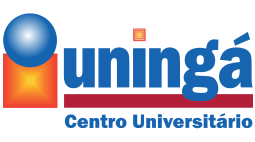The importance of a plural curriculum and its effects on teaching-learning processes in the light of gender issues
DOI:
https://doi.org/10.46311/2178-2571.37.eURJ4104Keywords:
Curriculum, gender, teaching-learning.Abstract
This article proposes a discussion about the aspects of the curriculum and their possible effects on the learning process based on gender issues. Therefore, the central issue of curriculum analysis and its effects on the learning process requires some questions regarding the structuring of the curriculum and the social changes in this path. The school contributes to this process by mirroring its social relationships in experiences, by privileging some and making others invisible. So, it is through a theoretical and structural reflection that we seek to contribute to a possible practical reflection in the educational field. Thus, this research is about Curriculum Studies and Gender Studies. The research methodology is characterized as qualitative, exploratory and bibliographical. As for the challenges to problematize gender issues in the teaching-learning process, it is concluded that it is necessary to re-signify the school curriculum and teaching practices so that it is possible to deconstruct the barriers characterized by the gender factor.
Downloads
Downloads
Published
How to Cite
Issue
Section
License
Copyright (c) 2022 Uningá Review

This work is licensed under a Creative Commons Attribution 4.0 International License.
I declare/we declare that the text submitted here is original, of my own authorship and does not infringe any type of third party rights. The content is my/our sole responsibility. Possible research involving animals and/or human beings is in accordance with Resolution 196/96 of the National Health Council and its complements. I declare that I am/we are in possession of the written consent of patients and that the research and its procedures were timely and adequately approved by the Ethics Committee of the institution of origin. We further declare that all institutional affiliations and all sources of financial support for the work are duly informed. I certify that there is no commercial or associative interest that represents a conflict of interest related to the submitted work. If there is commercial interest, in addition to the technical and academic ones, in the publication of the article, the information will be reported during the text.







































